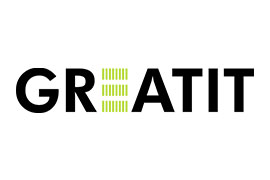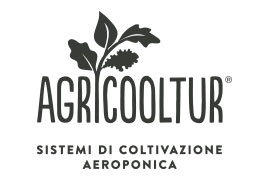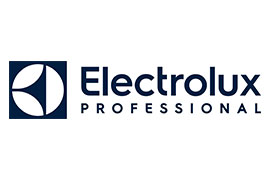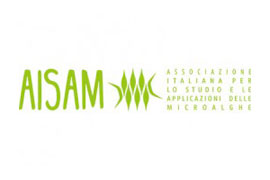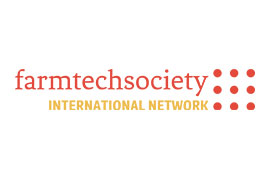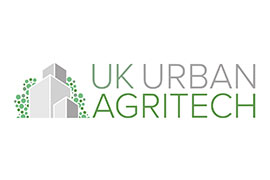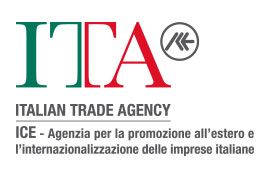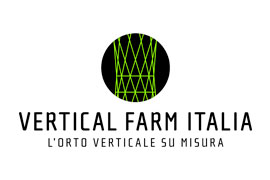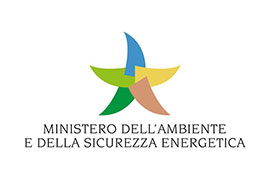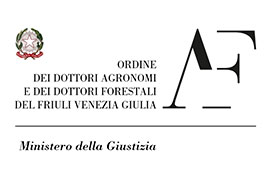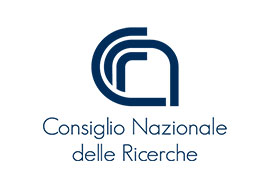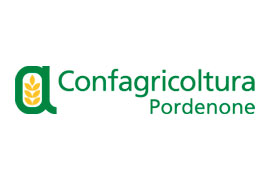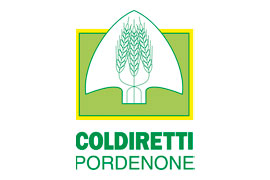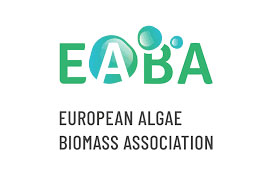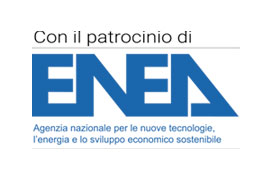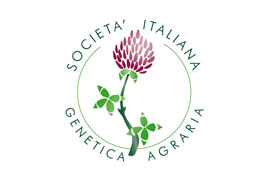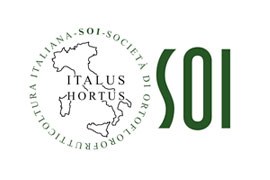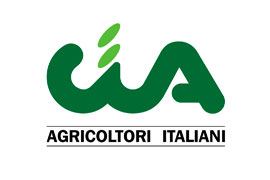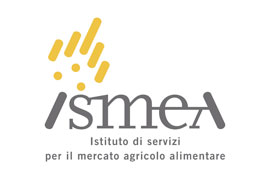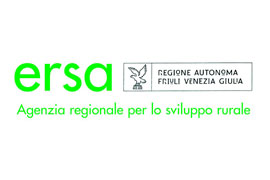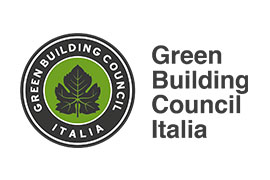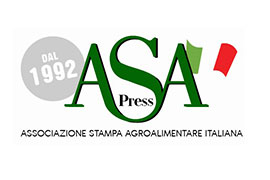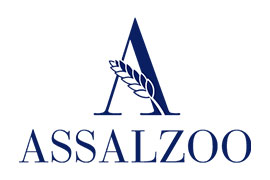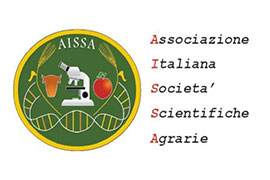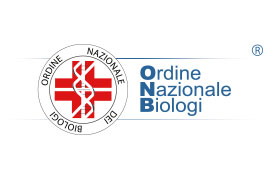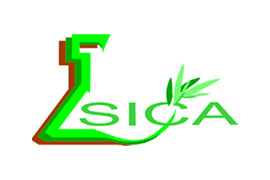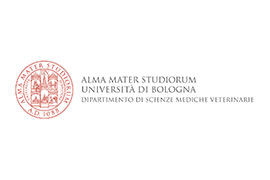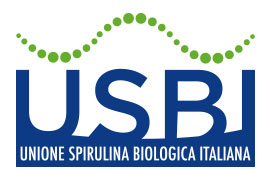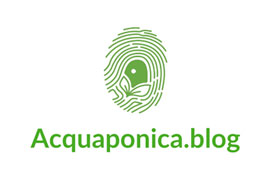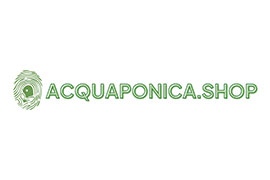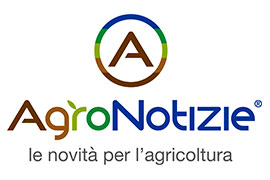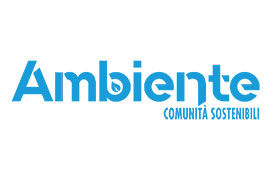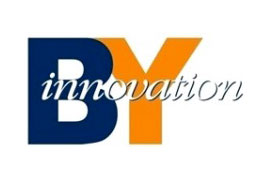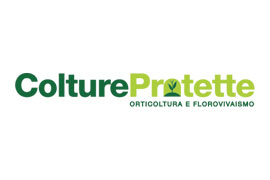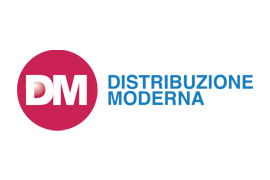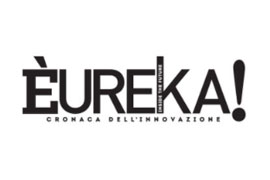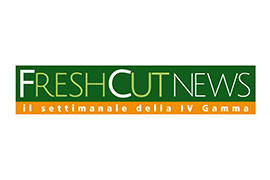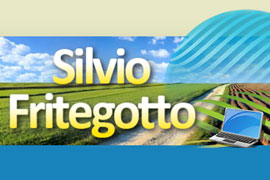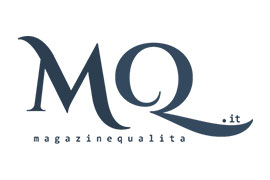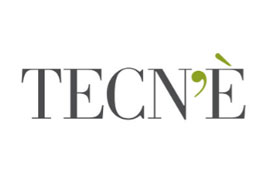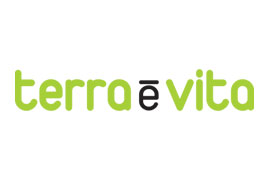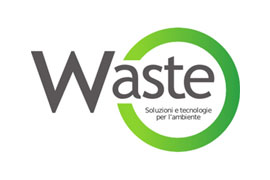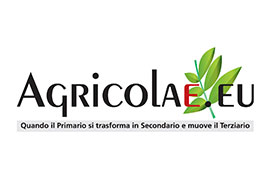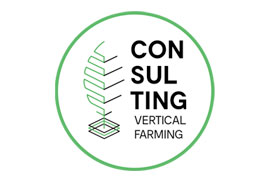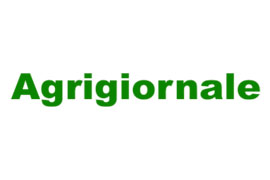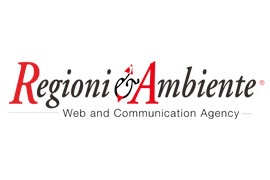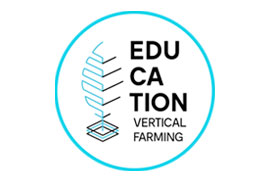Organized by ATEA GROUP
In a context of high demand for food production and the need to provide both environmentally and economically sustainable solutions, aquaponics can be an interesting solution. The following paper, presents the experiences gained by ATEA Group in creating aquaponics systems, as independent as possible in terms of water, heat, electricity and with particular attention to the economic sustainability of investment and production costs. In detail, the case study of Moretto Farm, the first productive aquaponics company in the Veneto region, will be presented. The system’s water independence is guaranteed thanks to a biolago system: rainwater is collected from the roofs of the farm’s structures and stored in an appropriately sized basin. An energy-efficient filtration system combined with a phytodepuration system ensures phytodepuration of the water, which is fed back into the system via a recirculation system. The aquaponics system is combined with a thermocompost: vegetable waste produced by the farm is accumulated in a suitable structure and through an aerobic composting process produces heat. A thermohydraulic circuit transfers the heat produced by composting to the fish tanks, improving temperature conditions. The compost produced in the output is also used on the farm as a substrate for wicking beds and for nutrient supplementation in the plant through the “compost tea” technique. The combined aquaponics-biolago-thermocompost system is designed in order to minimize electricity consumption. Electrical independence can be provided by a photovoltaic system. Optimal utilization of input resources makes it possible to increase the economic and environmental sustainability of the company, reducing costs and maximizing the entire production process.
Speakers
Johnny Moretto, Ph.D., ATEA Group s.r.l. Benefit Society
Andrea Zorzi, Ph.D., Land Protection and Rehabilitation, ATEA Group s.r.l. Benefit Society


